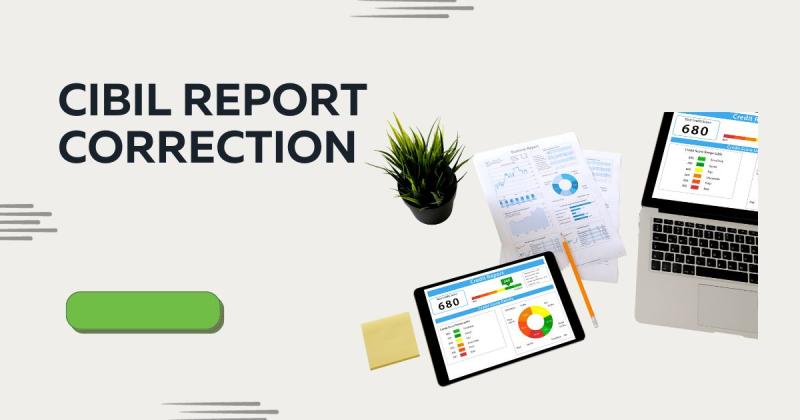Why Monitoring Your Credit Score Monthly is the Key to Financial Success

A credit score is more than just a number—it’s a snapshot of your financial health. Yet, many people overlook the importance of regularly monitoring their credit scores, assuming it only matters when applying for loans or credit cards.
In reality, keeping track of your credit score on a monthly basis can provide valuable insights into your financial habits, alert you to potential risks, and help you make informed decisions. In this article, we’ll explore why monitoring your credit score monthly is essential and how it contributes to long-term financial success.
The Importance of Credit Score Monitoring
Detecting Errors on Your Credit Report
Errors on credit reports are more common than you might think. A small mistake—such as an incorrectly reported late payment or an unrecognized account—can significantly lower your credit score.
Why It Matters:
Regularly monitoring your credit score allows you to identify and dispute inaccuracies before they cause long-term damage.
Protecting Against Identity Theft
Identity theft can devastate your credit score if not caught early. Fraudsters can open credit accounts in your name, rack up debt, and leave you to deal with the aftermath.
Why It Matters:
Monthly credit score checks help you spot suspicious activity, such as unexpected changes in your score, so you can act quickly to protect your finances.
Tracking Financial Progress
Your credit score reflects your financial habits, such as timely payments, debt management, and credit utilization. By monitoring it regularly, you can track how your actions are affecting your score.
Why It Matters:
Improving your credit score over time can lead to better loan terms, lower interest rates, and greater financial opportunities.
Preparing for Major Financial Goals
Planning to buy a house, start a business, or finance a car? These milestones often require a good credit score. Monitoring your credit monthly ensures you’re prepared when the time comes.
Why It Matters:
Staying informed about your score helps you avoid surprises when applying for loans or credit.
Improving Financial Awareness
Regularly reviewing your credit score fosters financial literacy. It helps you understand how factors like payment history, credit utilization, and new credit inquiries impact your score.
Why It Matters:
Greater financial awareness empowers you to make smarter decisions about spending, saving, and borrowing.
How to Monitor Your Credit Score
Use Free Credit Monitoring Services
Many banks, financial institutions, and apps offer free credit score monitoring. These tools allow you to check your score monthly without affecting it.Subscribe to a Credit Bureau Service
Paid services from credit bureaus like CIBIL, Experian, or Equifax provide detailed reports and updates. They also offer alerts for changes in your credit profile.Set Alerts and Reminders
Automate reminders to check your score regularly. Some apps even send alerts for major changes, such as a hard inquiry or a significant drop in your score.Review Your Credit Report Annually
In addition to monthly score checks, obtain a free annual credit report to review your credit history in detail.
Common Myths About Monitoring Credit Scores
Checking Your Credit Score Hurts It
Fact: Soft inquiries, such as those made by you or a credit monitoring service, do not affect your credit score.You Only Need to Check Your Score Before Applying for Credit
Fact: Regular monitoring helps you maintain financial health, not just secure loans.All Credit Scores Are the Same
Fact: Different credit bureaus use slightly different algorithms, so your score may vary. It’s important to monitor scores from multiple sources.
The Long-Term Benefits of Monthly Credit Monitoring
By incorporating monthly credit score checks into your financial routine, you can:
Reduce Stress: Stay informed and proactive about your financial health.
Achieve Goals: Secure better interest rates and financial products.
Avoid Surprises: Detect errors or fraud early to prevent major setbacks.
Conclusion
Monitoring your credit score monthly isn’t just about numbers; it’s about taking control of your financial journey. By staying informed, you can detect issues early, improve your financial habits, and work towards your long-term goals with confidence.
Remember, a good credit score opens doors to countless opportunities, from affordable loans to financial security. Make monthly credit score monitoring a habit—it’s a small effort with significant rewards.









Comments